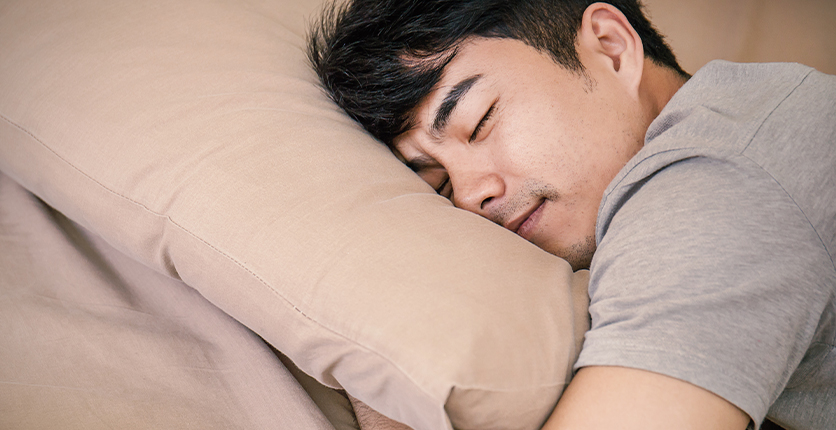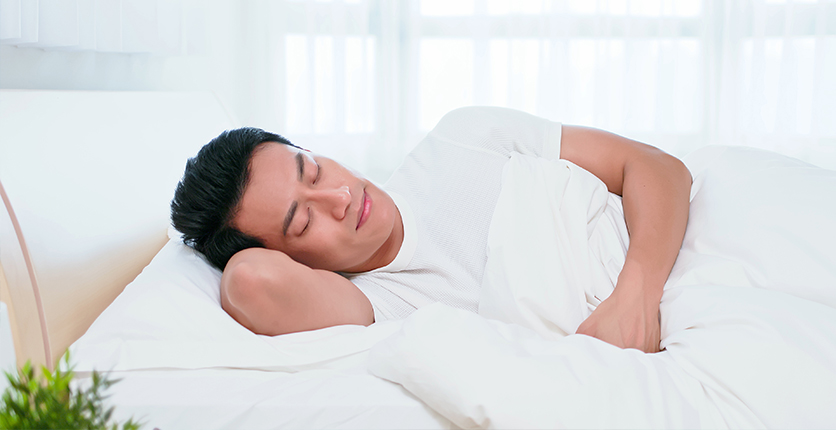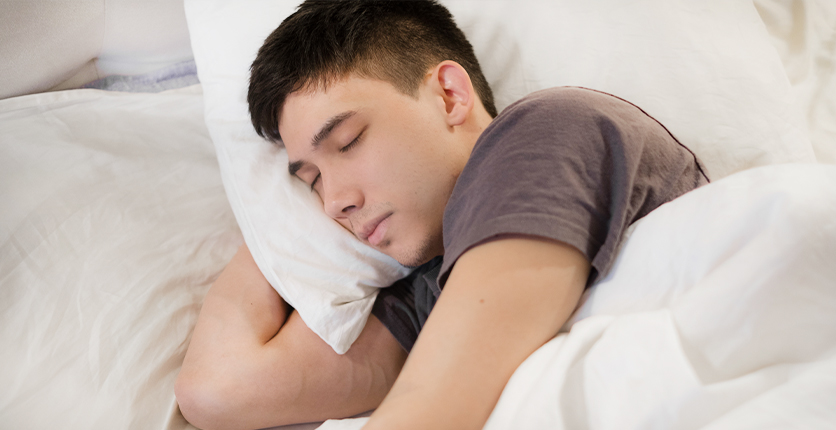As we enter the third year of the pandemic, we’re more exhausted and anxious than ever as we juggle work and family commitments and worry about what the rest of the year might bring. It’s not surprising that the stress has caught up with many of us, affecting our ability to fall asleep and stay asleep throughout the night, and preventing us from getting the quality slumber we need to function normally and be healthy.
Dr Han Hong Juan, medical director of The ENT, Voice & Snoring Clinic, and Dr Kenny Pang, Ear, Nose and Throat Specialist at Asia Sleep Centre, discuss common sleep stealers and share advice for improving the quality of your sleep.

Q: What might prevent us from getting a quality night’s sleep?
Dr Han: There are many factors, from lifestyle ones such as an irregular sleep schedule, excess consumption of caffeine and alcohol, and exposure to blue light from electronic devices just before bedtime.
Environmental factors like noise and bright lights in the bedroom may also disrupt sleep. Plus, medications like over-the-counter antihistamines may cause excessive sleepiness, while diuretics may lead to frequent trips to the toilet at night. And then there are mental health disorders such as anxiety and depression that may lead to difficulty initiating and maintaining sleep.
Dr Pang: Certain sleep disorders can affect sleep, too. Some people can fall asleep easily but they have narrow airways and actually stop breathing at night while asleep. This may result in obstructive sleep apnea (cessation of breathing at night).

Q: How can poor-quality sleep affect our wellbeing in the short and long term?
Dr Pang: It can make you feel tired, sleepy and lethargic during the day. You may experience brain fog, poor concentration and poor memory, and be irritable and moody. If you drive in this state, it can endanger your life and the lives of others.
Dr Han: Long-term consequences include an increased risk of developing hypertension, hyperlipidaemia, cardiovascular disease, obesity, type 2 diabetes and cancer. Some studies have linked poor sleep to an increase in all-cause mortality in the long term.

Q: How can we tell that we slept well the night before?
Dr Han: You know you’ve got quality sleep if:
- You slept seven to nine hours if you’re an adult.
- You took less than 30 minutes to fall asleep after getting into bed.
- You slept through the night. If you did wake up during the night, it was no more than once and you took less than 20 minutes to fall back to sleep.
- You felt refreshed and rested when you woke up in the morning.
Q: What advice can you offer people who have trouble drifting off to sleep because they’re stressed out or “wired”?
Dr Han: To relax your mind before bedtime, try these tips:
- Stop using digital devices one to two hours before bedtime to reduce stimulation.
- Create a sleep ritual to help you wind down before bedtime, such as putting away your devices and files, picking out your clothes for the next day or even listening to soothing music.
- Put your worries aside and list out some things that you’re grateful for.
- Do deep breathing exercises and then relax by following your breath as it rises and falls away.
- Defocus your thoughts and do not cling to any idea or emotion that comes to you.
Q: How can we ensure we get quality sleep every night?
Dr Han: These pointers may help:
- Create a regular sleep schedule and stick to it.
- Watch what you eat and how much you eat in the evenings. Do not go to bed on a full stomach and avoid alcohol and caffeine.
- Check that your bedroom is comfortable – it should be cool, dark and quiet when you sleep.
- Refrain from using digital devices one to two hours before bedtime.
- Exercise regularly, but not within two hours of bedtime.
- Avoid daytime naps of more than 30 minutes.
- Put your worries away once you get to bed.
Q: Is more sleep always better?
Dr Pang: No, especially if you suffer from insomnia. However, more sleep is fine if you have obstructive sleep apnea. Sleeping in on holidays and weekends is also acceptable if you didn’t sleep much during the week and you need to catch up on your sleep. Think of it as paying off a sleep debt that you have accumulated.
Note: Please consult your GP or physician on managing your sleep issues. SAFRA members enjoy special rates with our healthcare partners below:
Healthway Medical
$120 Nett (First Consultation) Nobel ENT Centre
For terms and conditions, information and contact details, visit www.safra.sg/promotions/healthcare-products-and-services#healthwaymedical
Click here for more SAFRA healthcare partners.
Want more health articles like this, and other lifestyle content right in your inbox? Sign up for the eNSman Newsletter – you don’t need to be a SAFRA member to subscribe – and never miss another story!










